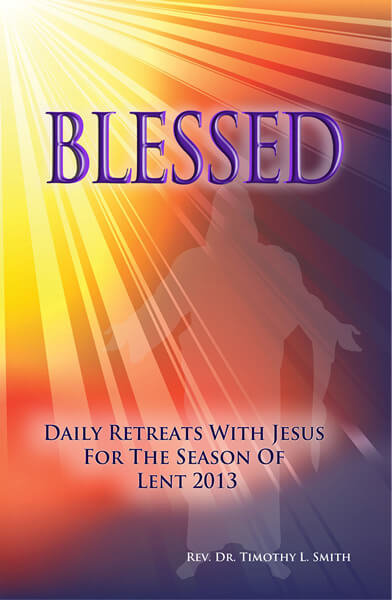As you read and reflect on today’s beatitude, please listen to this track from contemporary Estonian composer Arvo Pärt. We will feature this track throughout Lent.
The Beatitudes
 “Blessed are the meek, for they will inherit the earth.”
“Blessed are the meek, for they will inherit the earth.”
Matthew 5:5
Here again Jesus’ words startle and astonish! He declares the meek as the people blessed and favored by God. And emerging from His blessing is the promise that the meek are the ones who will inherit the earth. More than all the other beatitudes, this one most offends my sensibilities and thoughts about the good life. I look up “meek” in my thesaurus and come up with the following synonyms: passive, spineless, spiritless, timid, wishy-washy and resigned. I see that, and the last thing I want to be accused of is being meek. It’s the meek who finish last in this world. There are seminars and workshops for those who want to get over being meek.
But this is not how Jesus sees the world, or how He looks at being meek. In fact, Jesus invites people to come and learn meekness from Him: “Take my yoke upon you, and learn from me; for I am meek and lowly in heart: and you shall find rest for your souls” (Matthew 11:29). Jesus was accused of many things, but never of being spineless or wishy-washy!
The Greek word (praus), translated as “meek” in Jesus’ beatitude, has a root word meaning of having one’s passions under control. The Biblical word for meek denotes “The humble and gentle attitude which expresses itself in a patient submissiveness to offense, free from malice and desire for revenge” (Fritz Rienecker and Cleon Rogers, Linguistic Key to the Greek New Testament). The Bible portrays Jesus as meek, as His passion was under control, free from malice and the desire for revenge.
Once again we note an order and logical progression in Jesus’ beatitudes. Each one builds on the preceding. Being poor in spirit leads to mourning our spiritual poverty and sin; mourning, in turn, leads to meekness before God and others. We will never be meek unless we are first poor in spirit, and then mourning our spiritual condition. Thus, meekness is an expression of acknowledging and mourning our spiritual poverty.
Martyn Lloyd-Jones, in his book Studies in the Sermon on the Mount, aptly portrays the meekness Jesus blesses:
You come to realize that nobody can harm you. John Bunyan puts it perfectly. ‘He that is down need fear no fall’…The man who is truly meek is the one who is amazed that God and man can think of him as well as they do and treat him as well as they do. That, it seems to me, is its essential quality.
PONDER AND PRAY
“But the meek shall inherit the land, and delight in abundant prosperity.”—Psalm 37:11
- What do you see as the relationship between being poor in spirit and meekness? What is the relationship between mourning our sins and meekness?
- Although Jesus was without sin He modeled meekness for us. What are some instances in the Gospels of Jesus’ meekness?
- Why do you think the world struggles with the idea of meekness?
- What do you want To Say To God?




